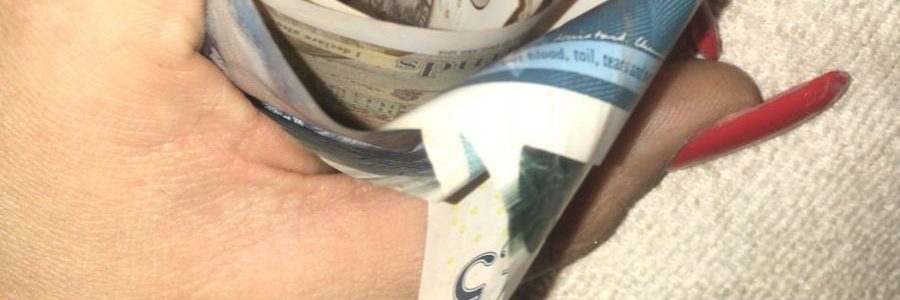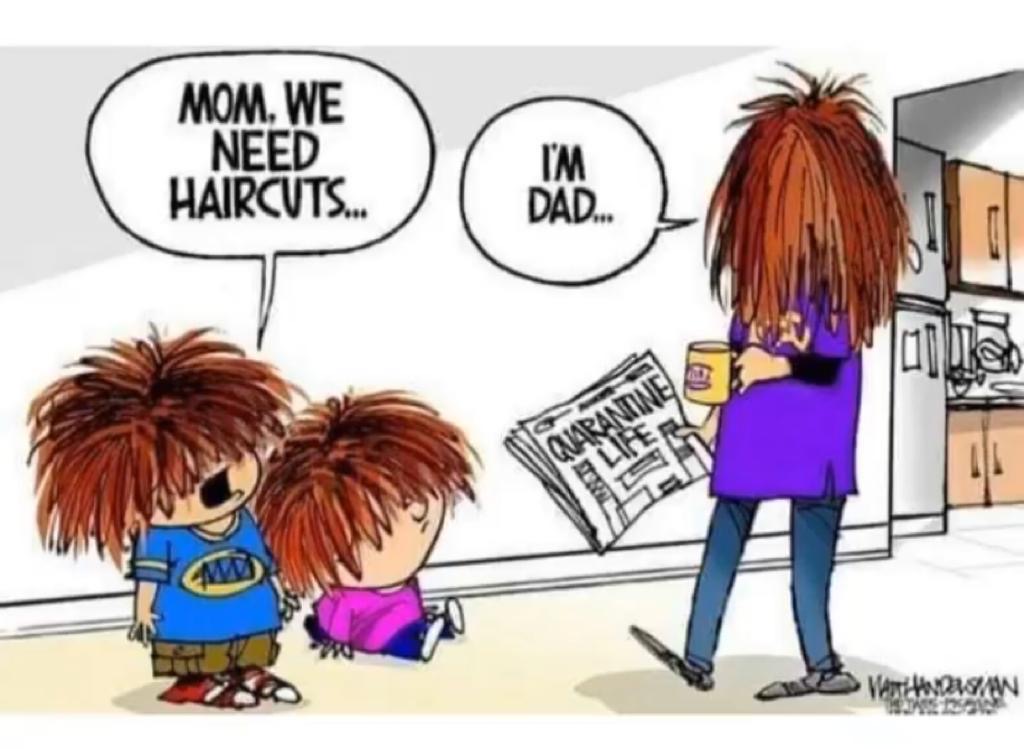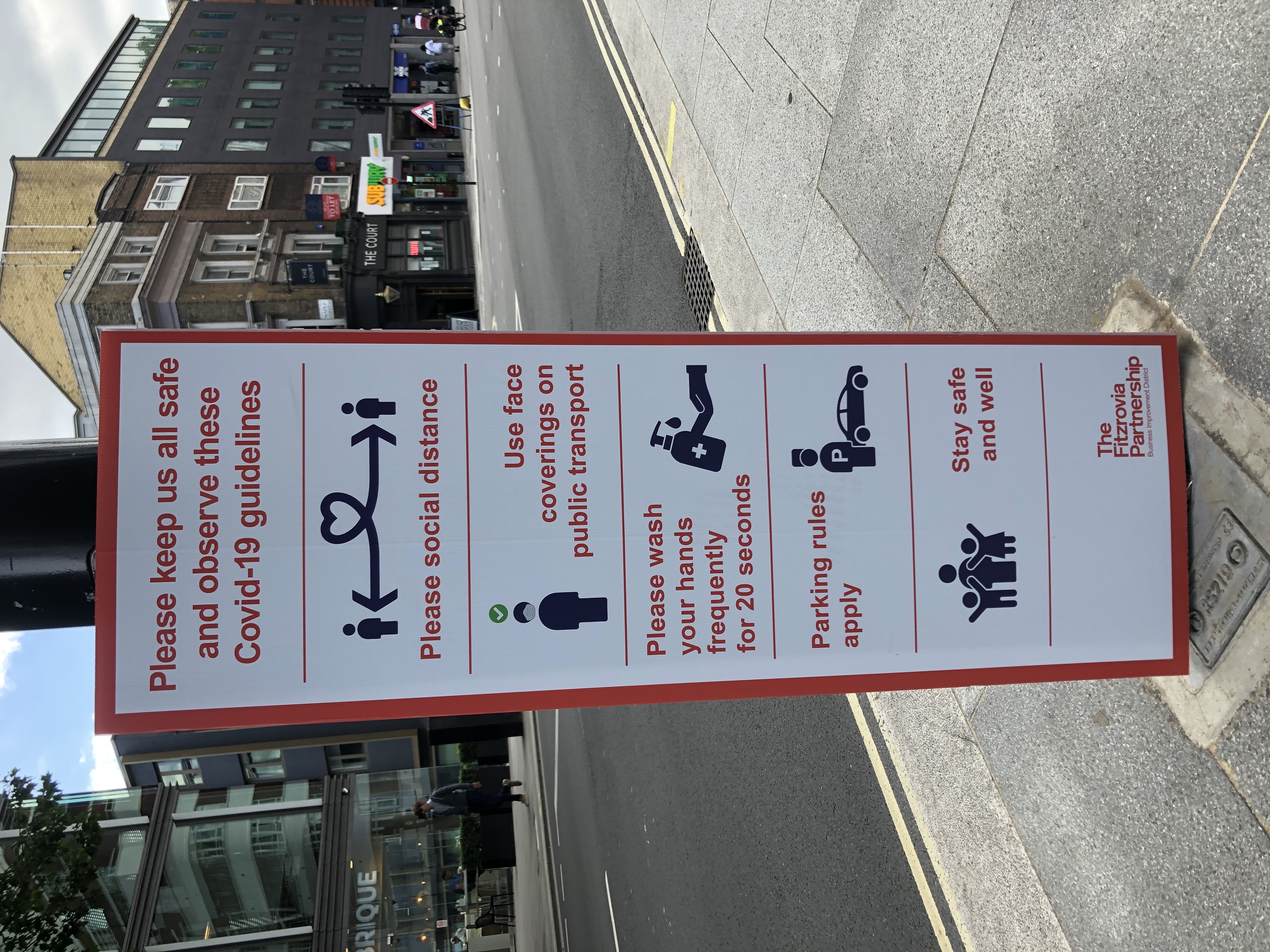
The UK is officially into recession




The UK economy suffered its worst and biggest slump on record between April and June due to coronavirus lockdown measures, shrinking as much as 20.4 per cent compared with the first three months of the year. The UK is officially into recession. Household spending plunged as shops were ordered to close, while factory and construction output also fell, which pushed the UK into its first technical recession as two consecutive quarters of economic decline, since 2009.
According to the Office for National Statistics,)ONS) the economy bounced back in June with output growing 8.7 percent month on month faster than most economists had expected, as government restrictions on the movement started to ease, although gross domestic product (GDP) in June remains a sixth below its level in February before the virus struck, with GDO growing 11.3 per cent since its April low, but remains 17.2 per cent beneath its level in February before the coronavirus crisis hit.
The ONS also said the collapse in output, was driven by the closure of shops, hotels, restaurants, schools, and car repair shops. The services sectors, which powers four-fifths of the economy suffered the biggest quarterly decline on record. The factory shutdown resulted in the slowest car production since 1954. The ONS set out record quarter-on-quarter falls in household spending, driven by the slump in expenditure on tourism, hospitality, and transport and in government spending. The latter was due to school closures and the postponement of non-urgent healthcare. It also highlighted the risk of a prolonged slump in business investment which has fallen by a record 31.4 per cent since the first quarter, with Bank of England surveys suggesting that most businesses have cancelled or postponed non-essential spending, especially in consumer-facing sectors.
UK Chancellor Rishi Sunak said, “ Hundreds and thousands of people have already lost their jobs, and sadly in the coming months many more will But while there are difficult choices to be made ahead, we will get through this, and I can assure people that nobody will be left without hope or opportunity.”
The official job figures showed the number of people in work fell by 220, 000 between April and June.
The Institute of Directors (IoD) said mounting debts made it difficult for businesses to push ahead with spending plans. It’s urging the government to cut employers’ National Insurance contributions, which would make it cheaper to hire. It also said further grants for small businesses would help them through the pandemic.
Although the UK’s second-quarter contraction is one of the biggest among advanced economies, the fall is not as bad as the 22.7 per cent decline in Spain among the European peers and around twice the size of the declines in Germany and the US.
Stirling was little changed at about $1.30 following the release of the data. The FSTE 100 stock index, however, outperformed its European peers early on Wednesday morning rising 0.6 per cent.
